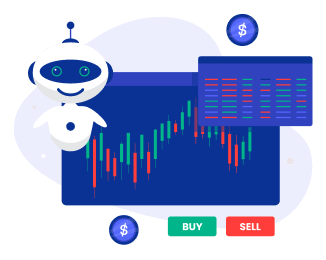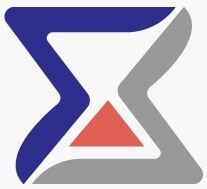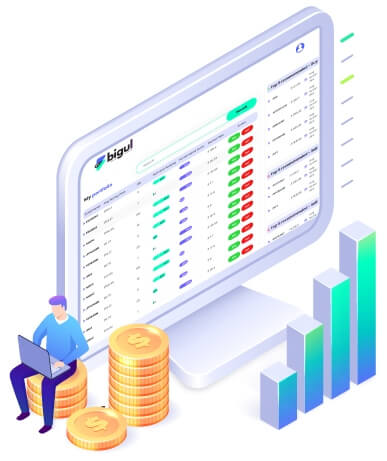Conclusion
For investors, the commodity markets are an opportunity to make extra money and also to own more than just stocks or bonds. Nonetheless, if you want to make a profit from trading in commodities, you must be aware of its drawbacks, and your steps should be well-planned. Rather than being governed by sentiments or inclinations, one should always base their decisions on information about the main facts in place as well as strategies. Learning platforms like Bigul Stock Market provide information that can empower individuals with knowledge on how they can trade commodities. Therefore, for novices or advanced traders who are interested in refining their skills in the field of merchandise trading. If you're interested in exploring more about the stock market, consider using the user-friendly Bigul trading platform. With Bigul, you can access a range of tools and resources to enhance your trading experience and achieve your financial goals.
















